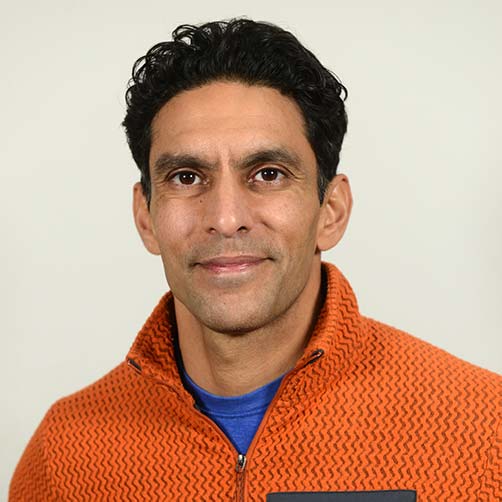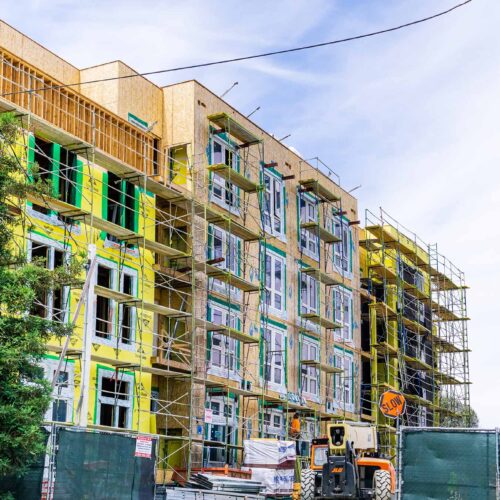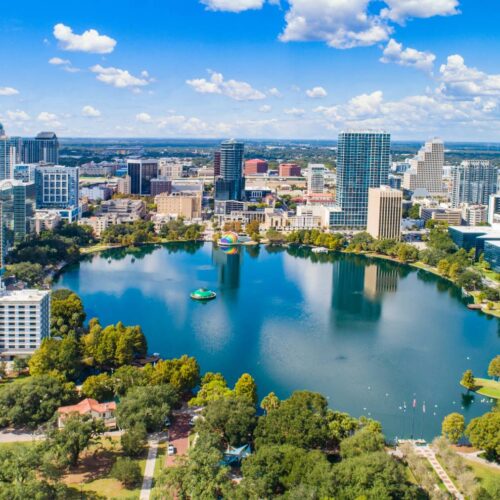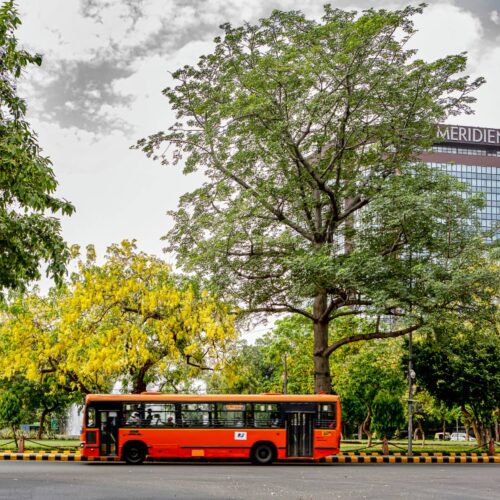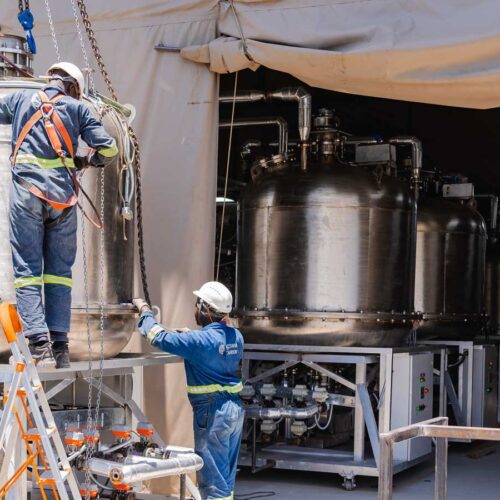
Rushad Nanavatty currently leads Third Derivative, the world’s leading early-stage climate tech accelerator, which has helped 100+ startups so far — each with gigaton-scale emissions abatement potential — raise over $500 million in funding and forge a range of corporate partnerships through an inclusive ecosystem approach.
Rushad also helped establish and lead the Global Cooling Prize, a global innovation competition to develop a climate-friendly residential cooling solution that produces 80 percent lower emissions than today’s standard room air-conditioners. Previously, he worked with the Energy Web Foundation (EWF), a partnership between RMI and Grid Singularity to develop promising applications for blockchain technology in the energy sector.
Background
Prior to joining RMI, Rushad served as the founding COO of WeGen Energy, a start-up developing off-grid energy solutions and virtual power plants in the Philippines and Vietnam, utilizing a mix of distributed solar and battery energy storage. Before WeGen, Rushad spent six years at McKinsey & Company as a member of the firm’s sustainability, infrastructure, and private equity practices. At McKinsey, he led projects for clients across Africa, Asia, and the Americas including market entry, growth, turn-around and sustainability strategies, operations transformations, reorganizations, and commercial due diligences.
Education
MS, International Relations and International Economics, School of Advanced International Studies (SAIS) at Johns Hopkins University
BS, Economics and Philosophy, St. Stephens College at the University of Delhi
Location
Amsterdam, Netherlands
